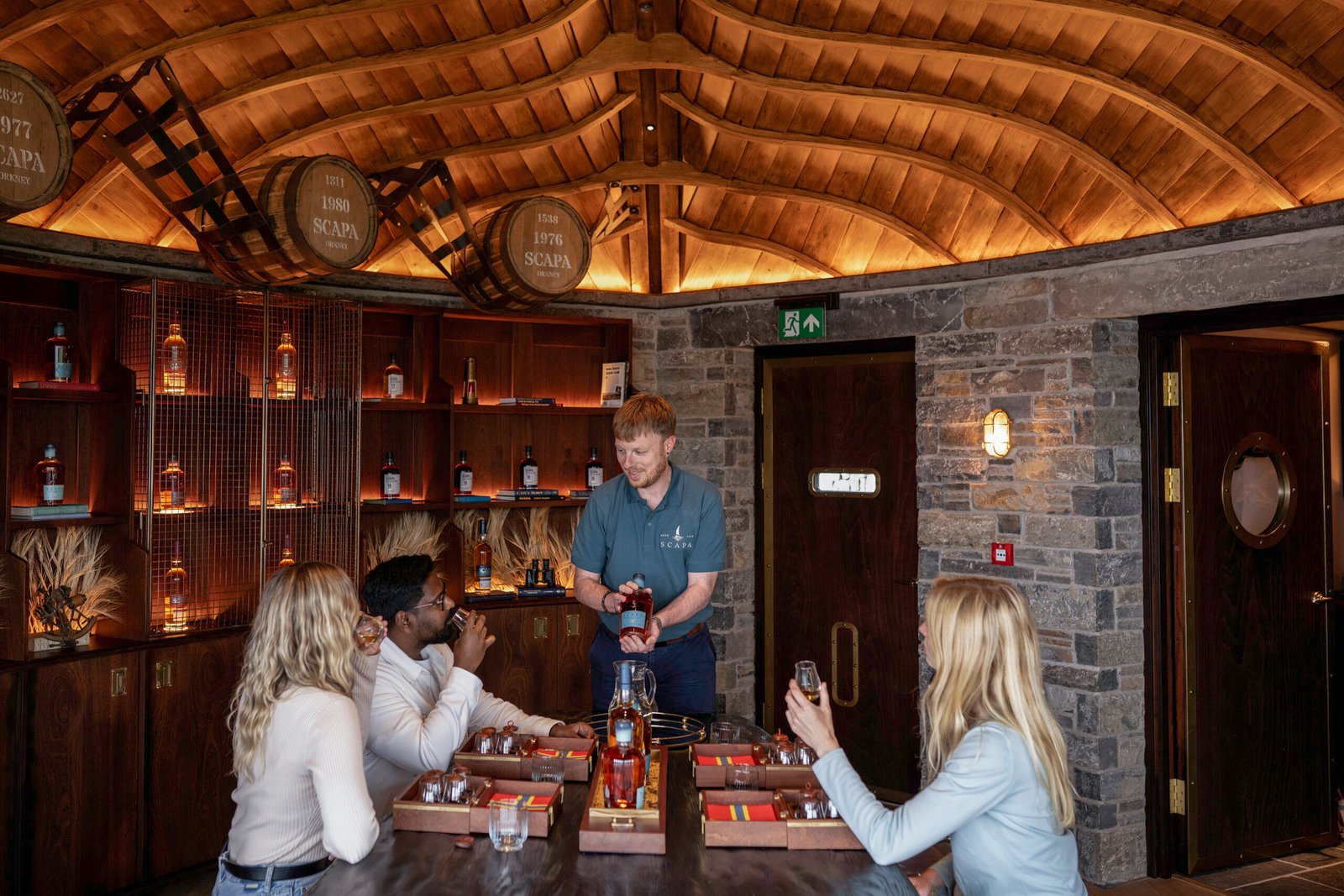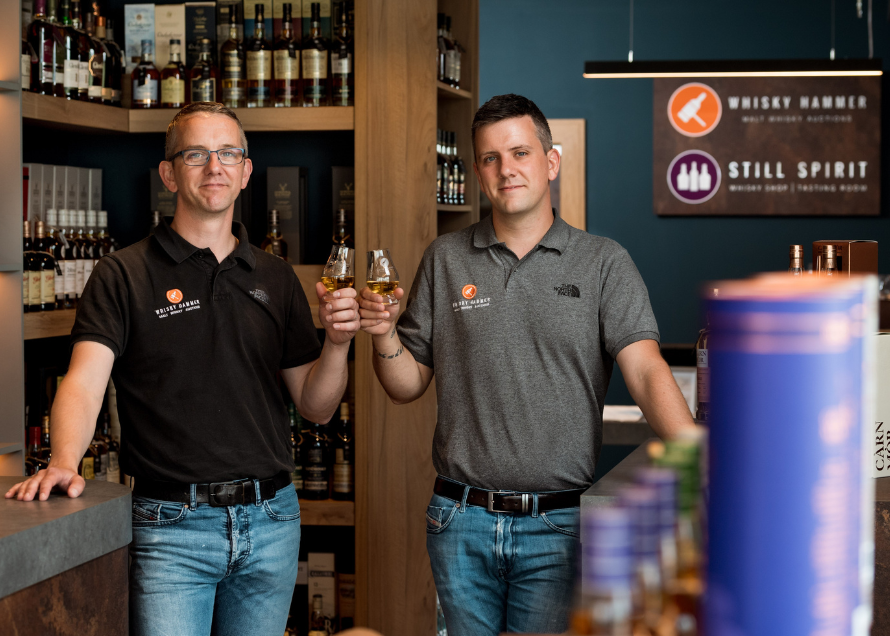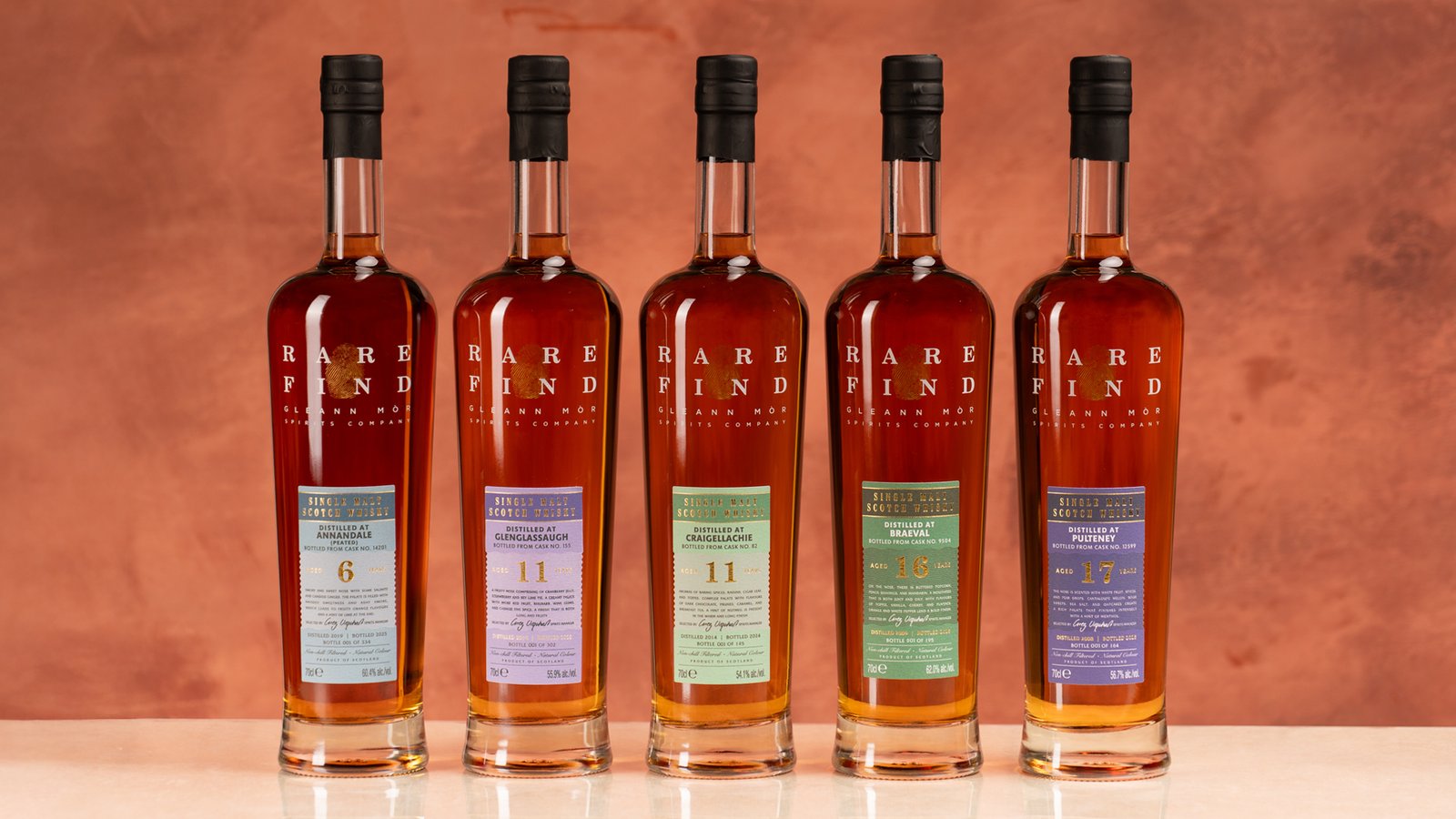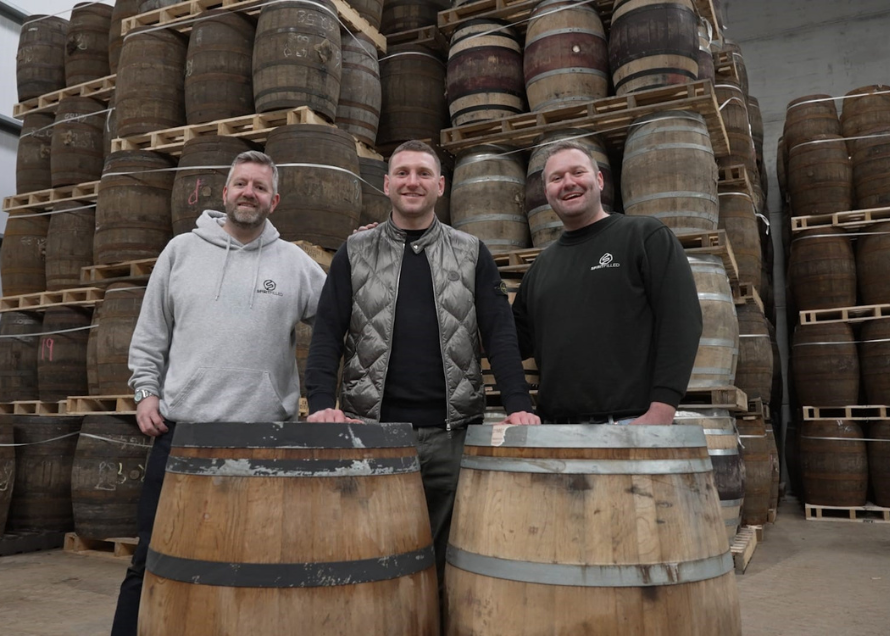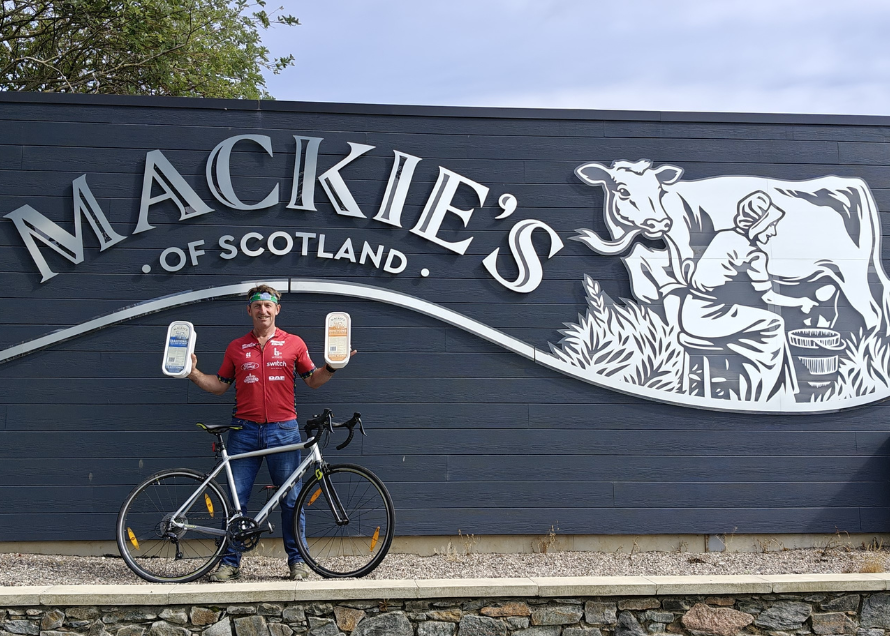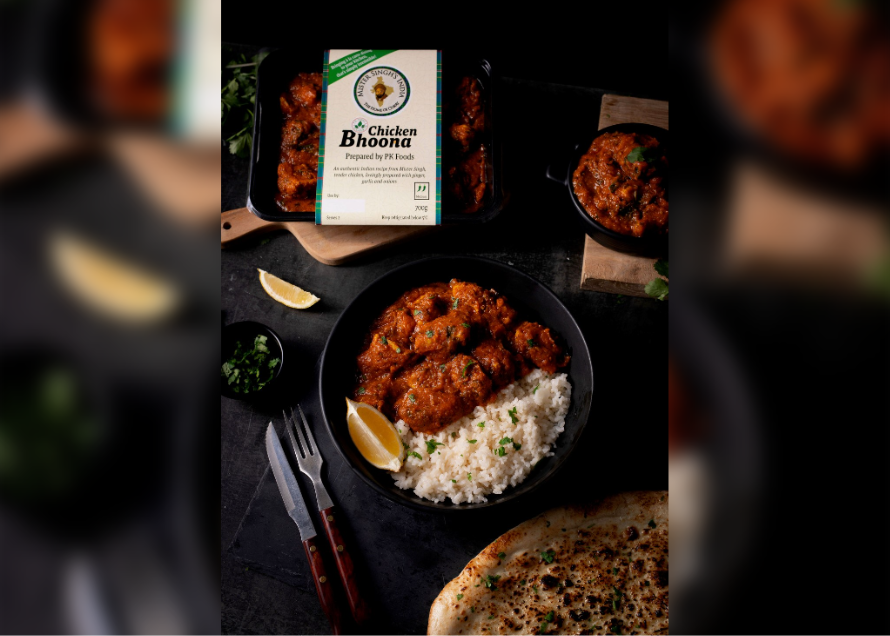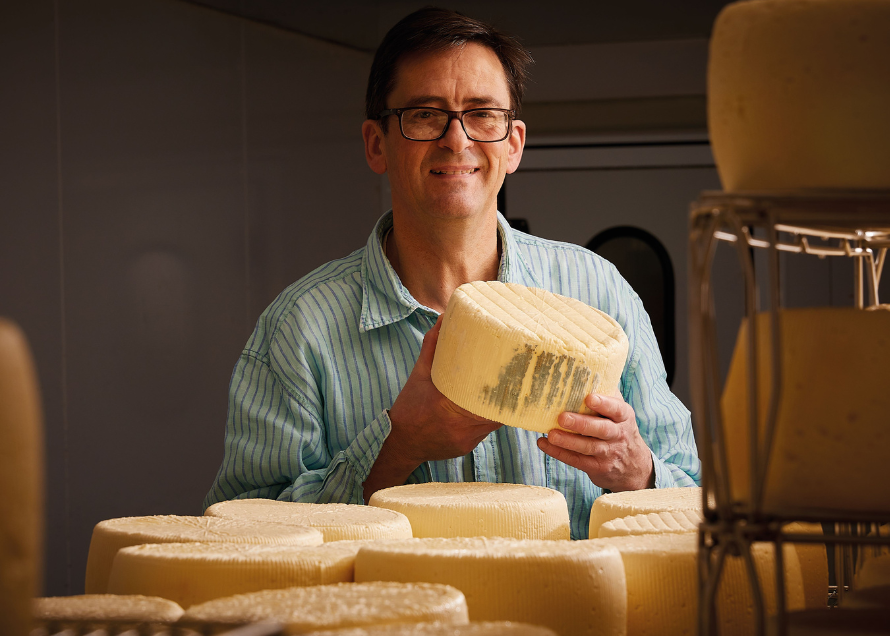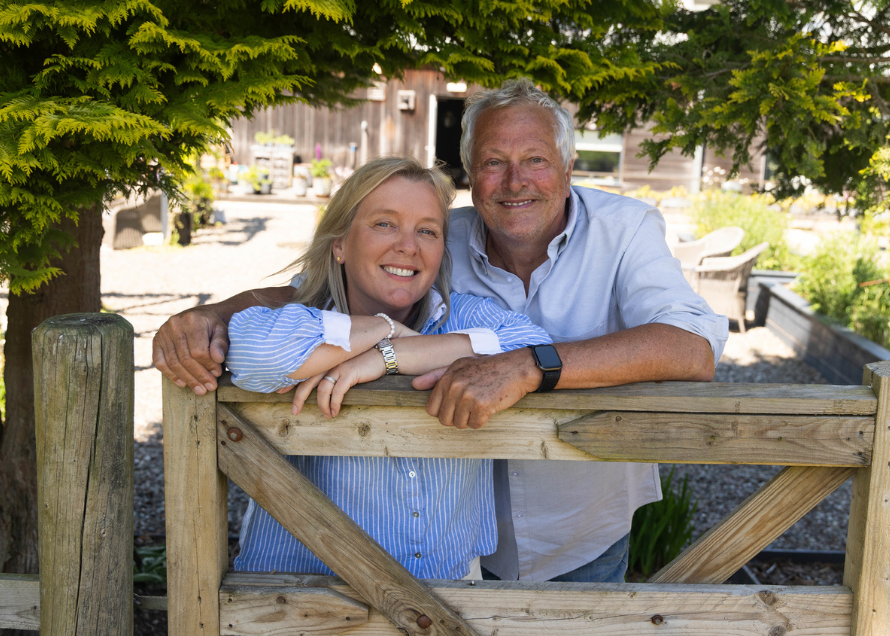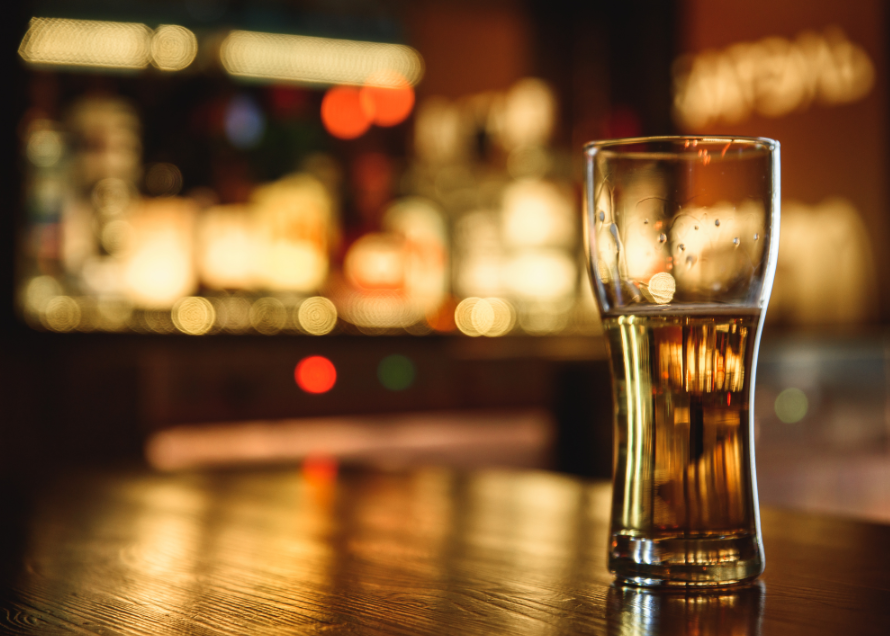Following the rise of the alcohol duty tax in August, those across the spirits industry are calling for a duty freeze and fairer taxation of spirits in the eagerly awaited Autumn statement, which is set to be announced on the 22nd November.
One such industry figure calling for these measures is Aaron Sparkes, Founder and Managing Director of leading whisky cask investment company Whisky 1901. Aaron has joined the Scotch Whisky Association and others in calls to protect distilleries, and the related hospitality and tourism sectors, as well as consumers.
Aaron commented:
“In the spring budget, the UK government imposed an alcohol duty rise of 10.1% on bottled whisky – representing the largest hike in 40 years. Ahead of the Chancellor’s autumn statement on 22 November, we join the Scotch Whisky Association, UK Spirits Alliance (UKSA), English Whisky Guild, and the Wine and Spirit Trade Association (WSTA) in calling for a duty freeze and fairer taxation on spirits.
“Significantly, the current system discriminates between alcohol beverage categories, with consumers who drink 14 units of cider a week being taxed £1.23 versus those who drink Scotch being taxed £4.42. Scotch is already the highest-taxed alcoholic product in the UK. This contradicts the UK Government’s pledge to support Scottish Whisky – an industry that contributes £6.2 billion in exports to the UK economy and supports more than 42,000 jobs across the UK. Scottish distilleries are popular tourist attractions and generate crucial income for other businesses in their local communities.
“A recent Survation poll for the SWA highlighted that more than half of Scots believe the Conservative Government is not doing enough to support the whisky industry, with 86% acknowledging that the industry is important to the Scottish economy.
“Rising taxes don’t just affect producers or consumers of the spirit, but also impact the growing cask investment market – those wishing to explore alternatives to traditional savings accounts and stocks and shares. Because the increased duty makes it more expensive for distilleries to produce the alcohol, it costs more to purchase the whisky whether bottled or barrelled.
“Fortunately, cask whisky consistently outperforms traditional investment options and, unlike other asset classes, the value is not driven by economics alone, but by maturation of the product. The whisky industry is also seeing unprecedented global growth, with the demand for premium products in particular continuing to rise as enthusiasts and collectors look to purchase quality over quantity.
“As prices rise consumers are more likely to stick with the brands they know and love rather than being more adventurous. This means that well-established brands such as Macallan and Dalmore will continue to gain in popularity versus the smaller or newer distilleries. Similarly, larger distilleries are also seen as a safer option for cask investment.”











